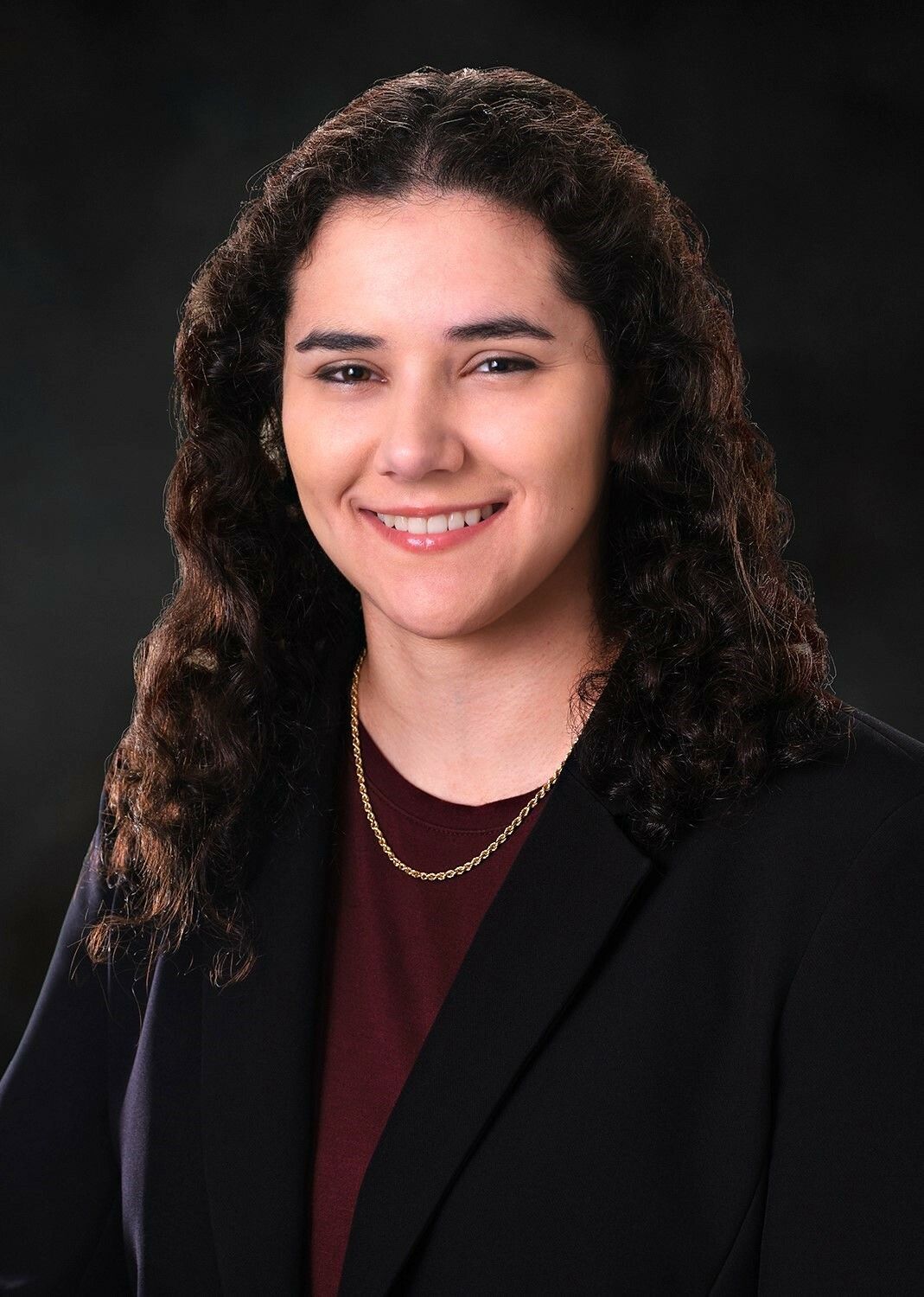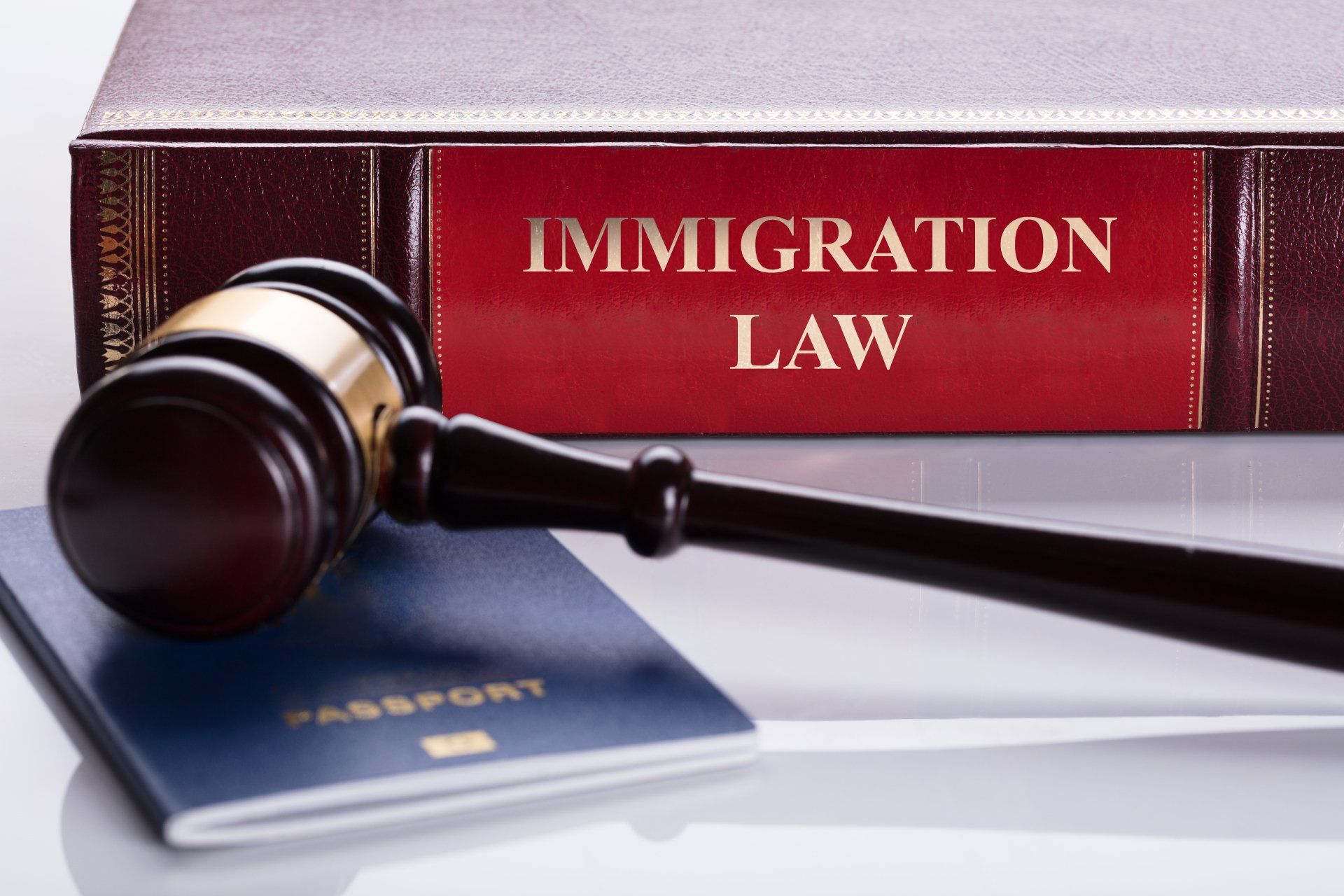Defend Trade Secrets Act of 2016
Defend Trade Secrets Act of 2016
Until now, trade secret law in the United States was left to the individual states. The Uniform Trade Secrets Act, or variations thereof, had been adopted by 47 states and the District of Columbia.
Now, for the first time, federal civil protection exists for trade secrets after President Obama signed the Defend Trade Secrets Act of 2016 (DTSA), effective May 11. 2016, which provides for federal jurisdiction and a civil action for misappropriation of trade secrets in interstate or foreign commerce. The DTSA provides:
An owner of a trade secret that is misappropriated may bring a civil action under this subsection if the trade secret is related to a product or service used in, or intended for use in, interstate or foreign commerce.
Employers should review their employment contracts, and any contracts dealing with confidentiality or non-disclosure of trade secrets.
The following provisions of the DTSA are of particular note:
- Employers or other trade secret owners can file a civil suit in federal court for trade secret misappropriation, without diversity of citizenship.
- The trade secret owner may seek an ex parte application in extraordinary circumstances for an order providing for the seizure of property necessary to prevent propagation or dissemination of the trade secret at issue. To do so, the court must find that (1) a preliminary injunction or temporary restraining order would be inadequate, (2) immediate and irreparable injury will occur if seizure is not ordered, (3) the harm to the applicant outweighs the harm to the legitimate interests of the Defendant and other parties who may be harmed by the seizure, and (4) the applicant is likely to succeed in showing trade secret misappropriation.
- Damages may be recovered for actual loss and for unjust enrichment. The DTSA allows for an award of exemplary damages, up to twice the amount of damages otherwise awarded, for willful and malicious misappropriation.
- Whistleblowers are entitled to civil and criminal immunity if they disclose trade secrets in confidence to a Federal, State or local government official, or to an attorney solely for the purpose of reporting or investigating a suspected violation of law, or if the trade secret disclosure is made in a complaint or other documents filed in a lawsuit or proceedings under seal.
- An employer is required to provide notice of the immunity provision "in any contract or agreement with an employee that governs the use of a trade secret or other confidential information." A cross reference to a separate policy document provided to the employee setting forth the employer's reporting policy for a suspected violation of law, may be used as an alternative.
- Failure to comply with the immunity notice requirement will prevent an employer from receiving exemplary damages or attorneys' fees in an action against an employee who was not provided such notice.
- The DTSA does not preempt existing state law.
- Injunctive relief may be sought to prevent any actual or threatened misappropriation, but an injunction may not "prevent a person from entering into an employment relationship," but may place restrictions upon such employment.










